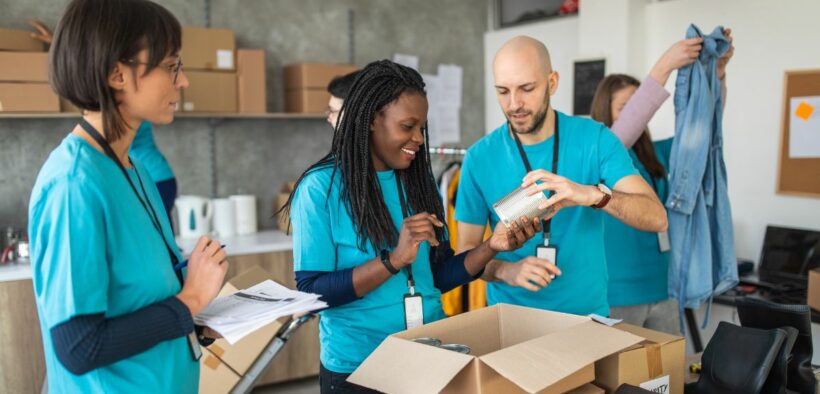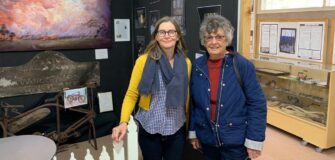One in 23 people will need humanitarian aid next year.
As the Australian Government rewrites its overseas aid policy, a new UN report predicts 1 in 23 people on earth will need humanitarian assistance in 2023 and highlights stark gender inequality in humanitarian decision-making.
The UN’s annual Global Humanitarian Overview warns almost 340 million people will need lifesaving assistance due to increased climate disasters and violent conflict — a figure that has doubled in just three years.
It also calls for more women in humanitarian leadership and more partnerships with local women’s organisations. This echoes CARE Australia’s submission to the government’s international development policy review, submitted last week.
“The Foreign Minister recently stood up at the UN General Assembly in New York and announced the Australian Government was reassessing how we will play our part in a world in an era of almost continual crisis,” said CARE Australia CEO Peter Walton.
Walton highlighted that the UN figures were extra evidence that Australia must ramp up support for our climate-vulnerable neighbours and those impacted by war and conflict.
“CARE Australia welcomes the government’s commitment to a new international development policy and recently submitted our recommendations, chief of which is an increased focus on how humanitarian crises impact women and girls, and the role they play in response and recovery.”
A recent analysis by CARE found 150 million more women than men were food insecure. In many conflicts, such as the war in Ukraine, women and girls make up the bulk of refugees and displaced people.
“Gender inequality and violence against women are major challenges for our Pacific neighbours, who are the largest recipients of Australian aid. But the Pacific is also home to amazing grassroots women’s organisations, such as Samoa’s Women in Business Development and Tonga’s Talitha Project, who we partner with at CARE Australia,” Walton added.
“The government has committed to a renewed focus on tackling gender inequality through our aid program, and we encourage them to listen to and fund more local women’s organisations who understand what their communities need to prepare for and respond to climate disasters and other shocks.”
Related: CARE Australia endorses historic pledge focusing on equitable partnerships, authentic storytelling, and influencing wider change
Menchie Khairuddin is a writer Deputy Content Manager at Akolade and content producer for Third Sector News. She is passionate about social affairs specifically in mixed, multicultural heritage and not-for-profit organisations.






















































































































































